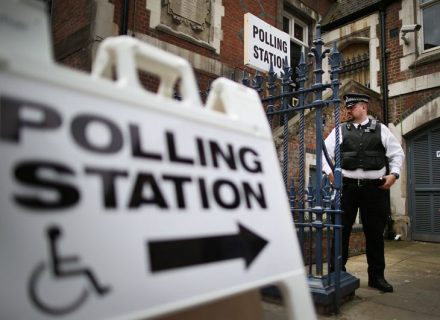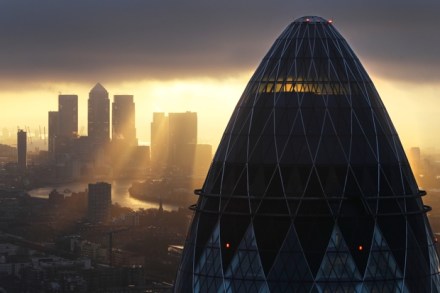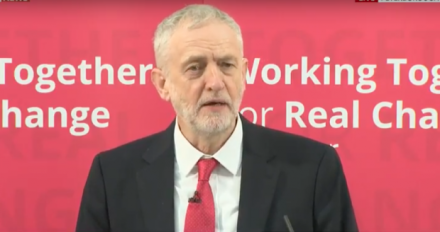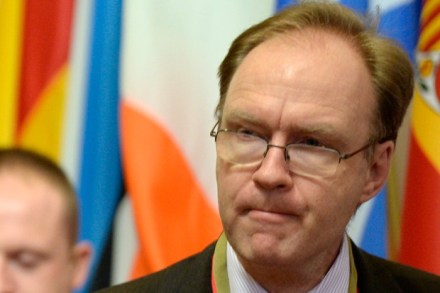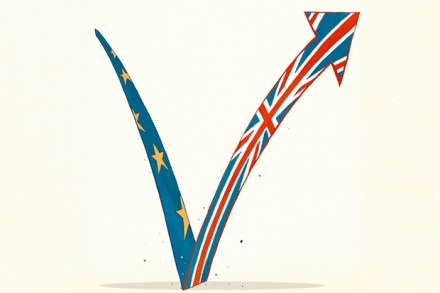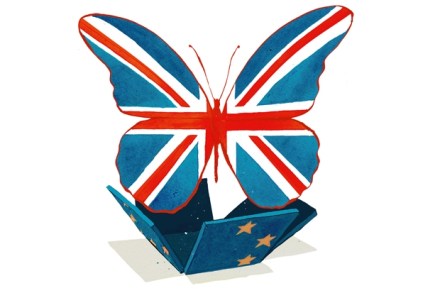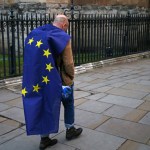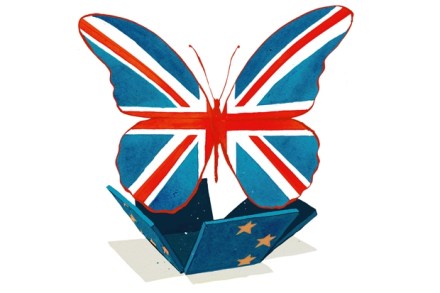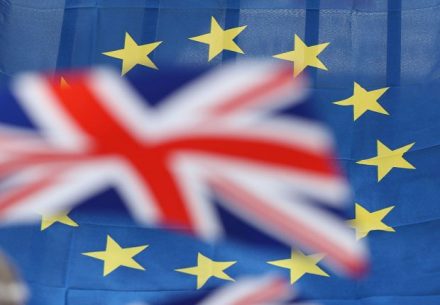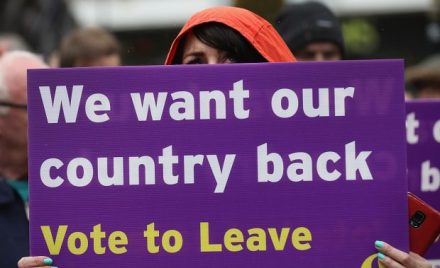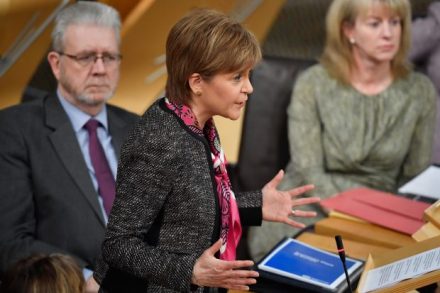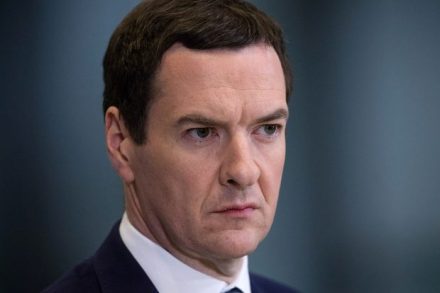What happened after I ‘voted’ twice in the EU referendum?
Kind readers sometimes ask what has happened to the case against me for electoral fraud. In these Notes on 20 August, I revealed that I had drawn attention in the EU referendum to the ease with which one could vote twice. Legitimately registered to vote in Sussex and in London, I had voted Leave in Sussex, and then gone to London, collected my ballot paper unchallenged, and spoilt it by writing on it that it was ‘my protest at how lax the voting rules are’. The Electoral Commission then publicly announced that it was referring my case to the police. Just before Christmas, I was dismayed to receive a letter
